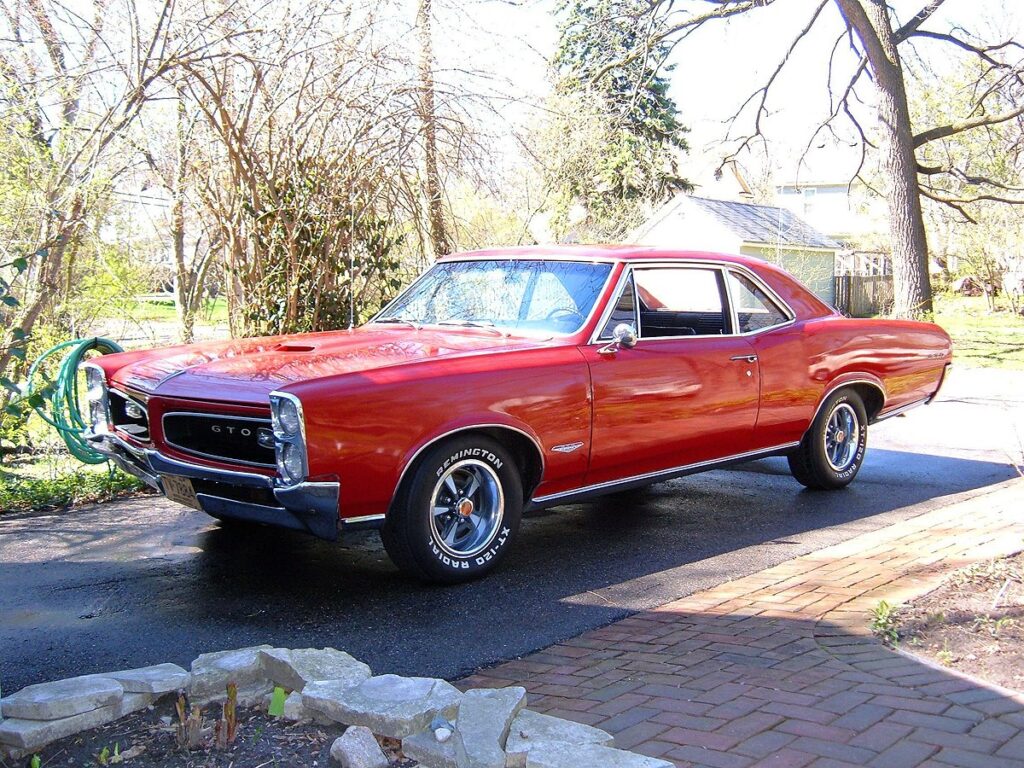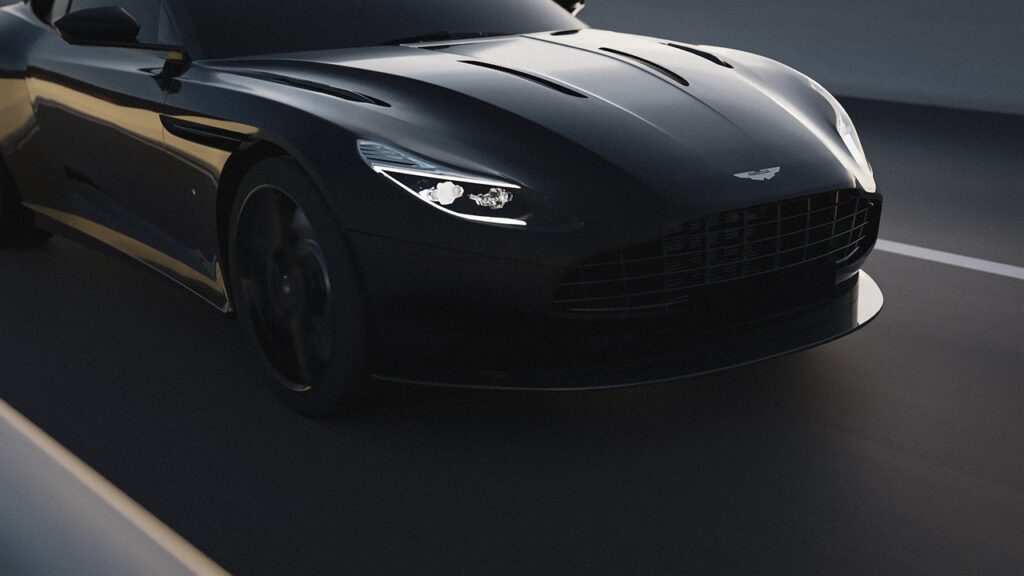In the face of ‘challenging market conditions,’ Polestar, the electric vehicle (EV) arm of Volvo, is set to reduce its global workforce by approximately 15%, which translates to around 450 employees facing job cuts.
This strategic decision made by the car manufacturer owned by Geely is a direct reaction to falling short of the sales goal for the year 2023. It forms a crucial component of a comprehensive plan aimed at optimizing operations and enhancing cost control measures.
Polestar’s lineup, including the all-electric Polestar 2 liftback, the Polestar 3 SUV, and the upcoming Polestar 4 and Polestar 5 models, represents a bold step into the future of automotive design and sustainability.
Nevertheless, the recent results of the company show that not even the most innovative brands are safe from the unpredictable fluctuations of the electric vehicle market.

The company’s sales in the fourth quarter of 2023 saw a significant drop, with a 39% decrease in volume compared to the same period in 2022. Despite this, the full-year sales numbers showed a slight increase of 6%, though still falling short of the projected 60,000-70,000 sales, ending the year with about 54,600 vehicles sold.
The CEO of Polestar, Thomas Ingenlath, remains optimistic, highlighting the positive reception of the Polestar 4 in China and the anticipated start of sales in Europe and Australia. With the first deliveries of the Polestar 3 expected in the summer, Ingenlath sees 2024 as a transformative year for the company as it expands its product range.

The EV industry is currently grappling with slow demand growth, aggressive pricing competition, and supply chain disruptions. Polestar’s decision to cut its workforce is part of a strategic plan to reach cash flow break-even by 2025 and reduce reliance on external funding from Volvo Cars and Geely.
Despite the challenges, Polestar is not standing still. The 2024 Polestar 2 lineup will feature new upgrades, and production of the Polestar 4 has commenced in China. Nevertheless, the company acknowledges the hurdles ahead, particularly in convincing buyers to opt for their vehicles over more affordable alternatives from competitors.

Polestar’s history is rooted in motorsports and performance tuning, with its origins dating back to the 1996 foundation of Flash Engineering. After several transformations, the brand was acquired by Volvo Cars in 2015 and has since evolved into a standalone brand dedicated to electric vehicles.
As Polestar maneuvers through these ‘demanding market circumstances,’ it is evident that the organization is dedicated to upholding its distinctive brand standing even as it adjusts to the practicalities of the present market environment.
The path that lies in front of us may be filled with unknowns, however, Polestar’s proactive strategies and ongoing commitment to innovation indicate a strong and adaptable approach to the evolving landscape of electric transportation.
Related posts:
Polestar To Cut 15% Of Its Staff Globally Amid ‘Challenging Market Conditions’
Polestar Announces Significant Job Cuts Amid Market Challenges





